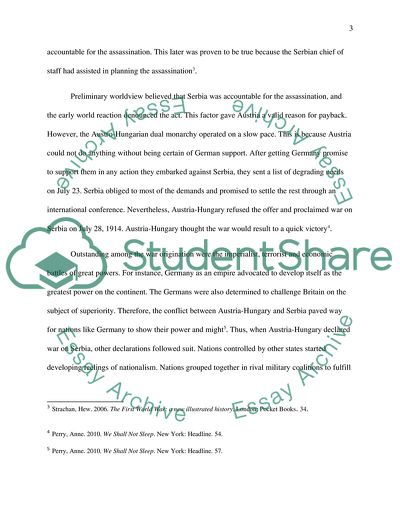Cite this document
(World War One Research Paper Example | Topics and Well Written Essays - 2000 words, n.d.)
World War One Research Paper Example | Topics and Well Written Essays - 2000 words. Retrieved from https://studentshare.org/history/1789518-world-war-one
World War One Research Paper Example | Topics and Well Written Essays - 2000 words. Retrieved from https://studentshare.org/history/1789518-world-war-one
(World War One Research Paper Example | Topics and Well Written Essays - 2000 Words)
World War One Research Paper Example | Topics and Well Written Essays - 2000 Words. https://studentshare.org/history/1789518-world-war-one.
World War One Research Paper Example | Topics and Well Written Essays - 2000 Words. https://studentshare.org/history/1789518-world-war-one.
“World War One Research Paper Example | Topics and Well Written Essays - 2000 Words”. https://studentshare.org/history/1789518-world-war-one.


